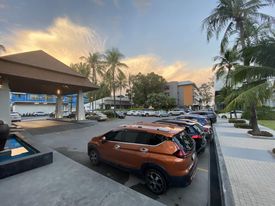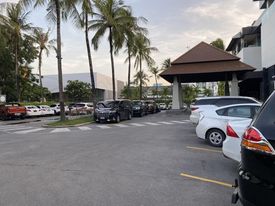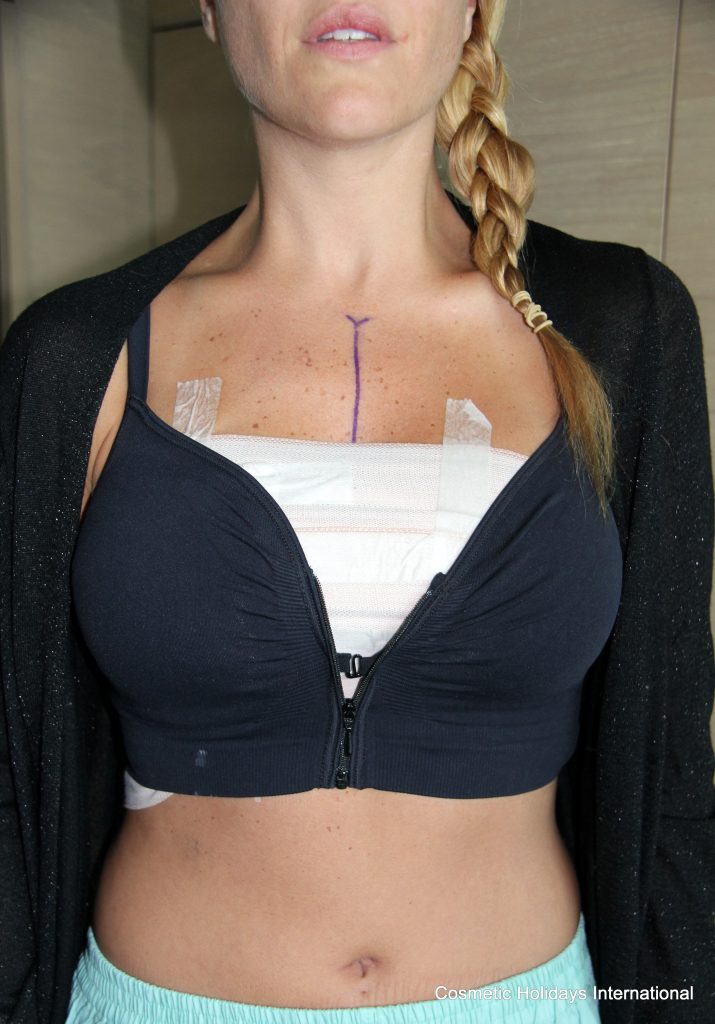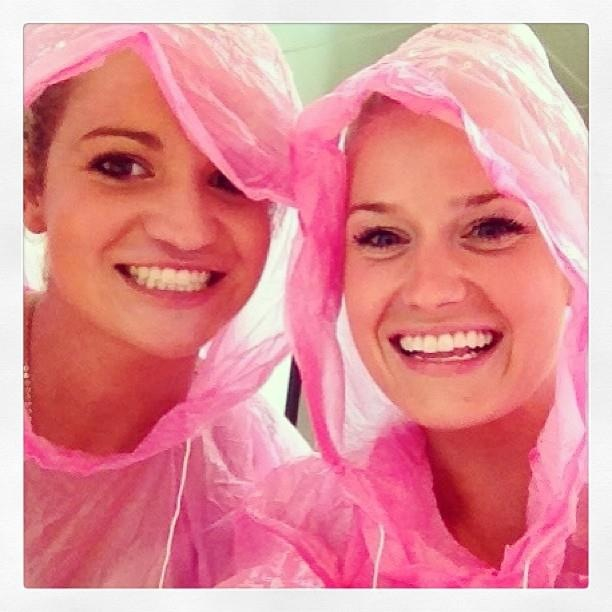Case study: VANITY; Location: BANGKOK; NipTuck and Frequent-Flier Miles

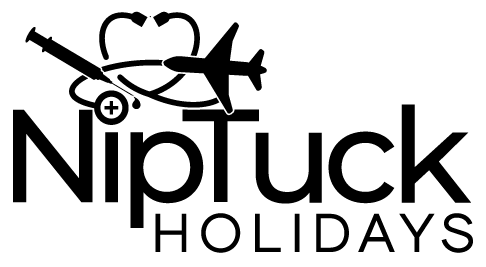
How Thailand as a developing country in an economic crisis and floundering economy and a significant H.I.V. problem managed to turn it all around and become a world centre for medical tourism is a fascinating, yet in typical Thai- style they did it in a rather odd and roundabout kind of way. If you know anything about Thai culture you will know what I mean, and this is what makes this story and this strategy cooked up by Thai tourist officials at TAT and hospital administrators all the more brilliant!
They came up with a strategy when Thailand found itself in the economic crisis of 1997 based on their strengths. Their strategy was to market Thailand as a place you would actually travel to for plastic surgery and maybe even other medical procedures as well (like dental) as well as other medical procedures. They started on the one plastic surgery procedure that Thai doctors have come closest to perfecting — the sex change operation.
They thought, Thailand had doctors who earned a fraction of what their western counterparts do, though many of them had studied in the U.S. or Australia. It had highly trained nurses who were paid around $600 a month, a culture with a tradition of massage and other spa-worthy healing practices and in Bangkok and Phuket, at least, a lot of high-tech medical equipment purchased during the economic boom and now sitting idle. Medical tourism would have a better rep than sex tourism, and it could easily be as lucrative. But the sex-change industry was the beginning of medical tourism in Thailand, as it make sense to start here and build on some obvious strengths.
Tourism Authority of Thailand (TAT) issued new directives to travel agents, suggesting that they offer their clients health-tourism and medical-tourism packages and offered Famil’s each year to agents. I went every year – it was a great!

And media was invited from the US and Australia including NBC, MSNBC and ABC veteran anchor and journalist and multi Emmy awarder Kendis Gibson who has worked for all three broadcasters — ABC News, NBC News, and CBS News & Stations, where they were advised and introduced to the ”fine hospitals” throughout Thailand at the hotels they provided.
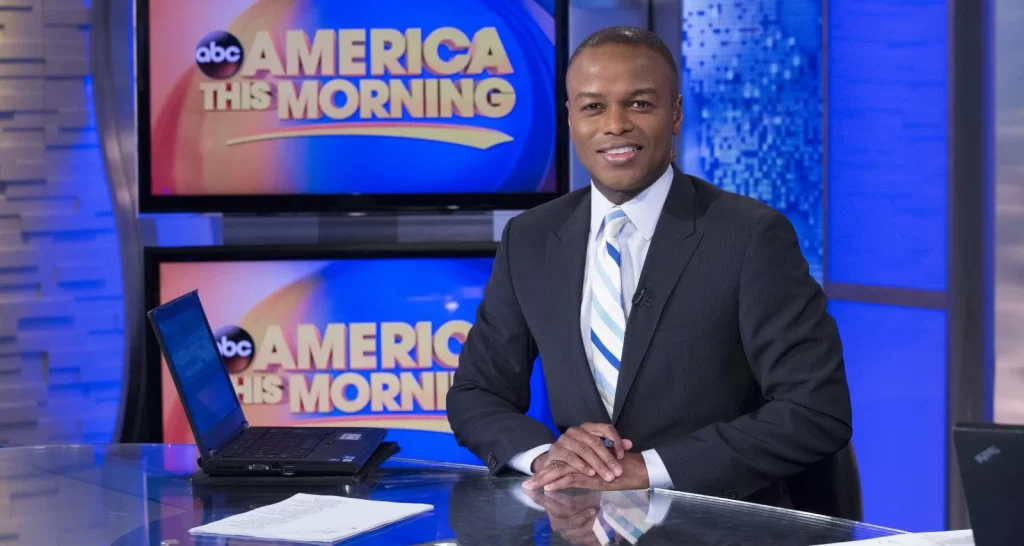
Thai travel agents talked up the country’s medical bargains, and hospitals found new ways to advertise and the hospitals and clinics in Bangkok and Phuket pitches to attract foreign tourists, esp. plastic surgery and advertises itself as a ”breakthrough integrated medical rejuvenation center providing spa, medical and fitness facilities.”
Hospital’s websites began to target westerners, featuring opening page features a sun-dappled photograph of a handsome Caucasian couple, explains that ”in Asia, retaining that youthful look is important. This has, in turn, led to the development in Thailand of cosmetic surgical techniques that are the envy of the medical profession in many G7 countries.”
Plenty of people in Thailand — from government officials to hotel owners to doctors and nurses — banked on the country’s new status as an international capital of discount plastic surgery. All this investment to payed off as Thailand became the number 1 medical tourism destination by volume of care in 2014 and attracted over 2.4 million foreign patients in 2017.
Westerners, or Ferangs, as they are called in Thailand were a good fit for Thailand as medical tourists. MISSION ACCOMPLISHED- HUGE SUCCESS!!!!!!
But then, politics. It was the Chinese tourists that Thailand was now interested in woowing…… Some Western countries had downgraded their diplomatic ties when the military seized power back in 2014 and the Thai government was seeking to strengthen ties with Beijing. And of course, China is a top trading partner…..
And back on the Gold Coast Australia where we were based, it became a very competitive business where clinic’s offered ‘bargain boob job’ for less than $5000 to compete with medical tourism in Asia. This was the lowest price in Australia with a discount to compete as growing numbers of women flock to Asian clinics for cheap surgery. It was competition that Thailand didn’t count on.
Indeed!
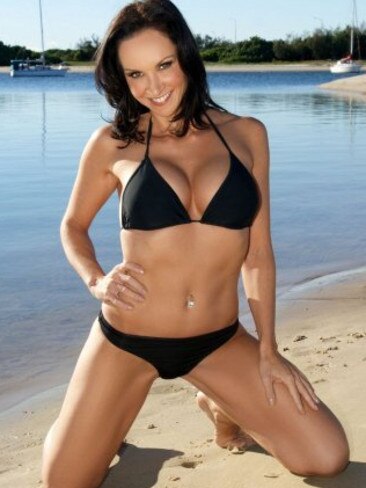
And then there was covid. And lock-downs. Thailand only this year in 2023 in January welcomed back Chinese tourists. With ‘arms wide open’ as key market returns.
Ouuuchhhh.
What a ride that was! And a fascinating insight into how Thailand became number one. In 2023 there is an increase in inflation and a lot of global competition in medical tourism…….
But let’s think back. It’s a facinatinating insight thanks to the New York Times Magazine. It’s 1999, Thai Airways International, the government airline of Thailand, began offering travelers an unusual new package-tour option. Most tourists might still prefer the old add-ons: the river cruise, the round of golf, the Thai cooking course. But others, those who were part of a new market that government officials were calling ”medical tourists,” could now combine their Asian holiday with a comprehensive physical, including abdominal ultrasound, chest and barium stomach X-rays and a complete laboratory analysis of blood, urine and stool samples. They could get a written report sent to their hotel within three days. And they could get it all done at Bumrungrad Hospital, a modern medical complex in Bangkok that had all sorts of inviting, foreigner-friendly amenities, starting with a Starbucks and a McDonald’s in the lobby.

This might not seem like a plausible promotion at all except for the fact that thousands of tourists were already coming to Thailand to avail themselves of its best-known medical attraction, discount plastic surgery. In Thailand, you can get a $2,400 face lift or a $1,200 nose job. You can get tumescent liposuction, body contouring, extra-large silicone breast implants, a buttock lift, a brow shave, a laser resurfacing of the face — and pay a fraction of what you would pay back home. At the luxurious Bumrungrad, which offers high-speed Internet access and cable TV in every room, you can choose among precisely delineated packages: liposuction, ”the thighs and love handles” package; liposuction, ”the love handles only” package; liposuction, ”the under chin only” package; and on and on. You can find Thai plastic surgeons who market these operations directly to you on English-language Web sites, where you can book an appointment online if you like what you see.
How a developing country with a floundering economy and a significant H.I.V. problem managed to market itself as a center for medical tourism makes an odd, roundabout story. It depends in part on the Asian economic crisis of 1997 and in part on Thailand’s thriving cabaret culture. Most of all, perhaps, it depends on the one plastic surgery procedure that Thai doctors have come closest to perfecting — namely, the sex change operation. Without the international transsexual grapevine, which since the late 90’s has been spreading the word about the affordable talents of Thai plastic surgeons, the new campaign to bring hard currency into the country by touting its medical bargains would never have gained momentum. And so it makes a strange kind of sense to begin this story with somebody like Michelle Moore — somebody who, it is fair to say, had never given Thailand a moment’s thought before she flew there and changed her life forever.
Moore lives in Philadelphia, not far from where she grew up in the blue-collar town of Glenside. Back then, she was known as Michael Maier. She is now 36 and for the last 18 years has operated a moving company called Maier’s Relocation Service, which runs trucks between Florida and Pennsylvania. For vacations, she likes Daytona Beach, Fla.; in her spare time, she collects and repairs old televisions and radios. Her boyfriend is the cook at a nearby nursing home. In Moore’s previous life, the subject of what might or might not be happening in a developing country in Asia just didn’t come up.
Then last spring Moore heard from a friend about a doctor in Bangkok named Preecha Tiewtranon. Preecha is a talented plastic surgeon with an unusual niche: he and two other Thai surgeons perform the cheapest sex-change operations in the world. Even before the Thai government started actively promoting the country’s medical care, the work of Preecha and his students had made Thailand a pilgrimage destination for American and European men who could not afford sexual-reassignment surgery in their home countries, where it can easily cost upward of $20,000. Moore was one of those customers. Twenty thousand dollars was more than she could afford, but $5,000 — Preecha’s going rate, plus air fare to Bangkok — was a sum she could manage. She would even have cash left over for breasts and, as Moore put it, ”fake cheekbones.”
The good thing, besides the price, was that Thai surgeons didn’t set so much store by the extensive psychological evaluations that Western surgeons demand before they will undertake a sex change. In the United States, doctors commonly adhere to a protocol known as the Harry Benjamin standards, which require sex-change candidates to have seen a psychiatrist for at least six months. In Thailand, they don’t. As long as their foreign patients have passed the ”real life” test of living as a woman for six months, they seldom throw up roadblocks. Moore, who isn’t big on roadblocks of any kind, liked this a lot. As she put it, ”I don’t want to pay some psychiatrist money I don’t have to tell me something I already know.” The convenient thing was that Thai immigration officials were by now so accustomed to their country’s brisk business in sex changes that they hardly blinked when a foreigner in a dress offered up a passport with a name like Chuck on it.
Of course, it was a long way to fly — especially with some very sore nethers and probably some bleeding and, depending on how long you decided to convalesce in Thailand, maybe an inability to urinate normally or some sort of brewing infection. But then the whole operation itself was so extreme that, in some ways, the distance and the arduousness of the journey and the strangeness of the destination seemed fitting.
Once Moore had settled on a trip to Bangkok, her biggest difficulty was choosing between the three Thai surgeons who performed sex changes on foreigners at a rate of two or three a week. Suporn Watanyusakul in Chonburi was kind of new at it, but he had studied with Preecha and his prices were great. (Besides, effused one satisfied customer in a Web site posting, Suporn was willing to provide the giant-sized breast implants that other doctors discouraged.) Sanguan Kunaporn, whose practice was on the swinging resort island of Phuket, was known for laboring hard to make a sensitive ”clitoris” from a small chunk of penis he preserved during surgery. His procedure, however, took 11 hours over two days.
Then there was Savannah, The Canadian-born Australian that had our own Dr Sanguan who is one of the pioneers in male-to-female gender reassignment surgery, and among those who are still performing this type of surgery in Thailand. This has gained him a following from all over the globe in Phuket as her surgeon in male to female gender transition
Then there was Preecha — who at 57 and with 1,200 male-to-female sex changes to his credit, the old man of the business. Having studied plastic surgery at Chulalongkorn University in Bangkok, he started out back in the 1978 doing sex changes on Thais, but then many of those transsexuals moved overseas (a lot of them to Germany, he says) and married Europeans. These ”lady boys” abroad were admired for their beauty, and word started to trickle out that Thailand was a place to get sexual reassignment surgery done cheaply and fairly artfully. By the late 90’s, Preecha’s clientele was made up almost entirely of Americans, Europeans and Australians. Preecha was fast — in three hours, he could do sexual-reassignment surgery, add breasts and shave an Adam’s apple — and his fans claimed he didn’t sacrifice aesthetics or sensation. He did most of his surgery at Bumrungrad, where many doctors had trained in the U.S. and the decor suggested a new Hyatt in some prosperous American exurb.
Michelle Moore picked Preecha, who first operated on her last August. When I met her, on a March morning so humid my glasses fogged over the instant I stepped outside, she was back in Bangkok to get a bit of repair work done. ”I wasn’t real good about dilating the new vagina every day,” she explained. ”I didn’t do what Preecha told me, and it kind of like collapsed on me.” In the tiny, lace-curtained waiting room of Preecha’s clinic, into which several rows of plastic chairs have somehow been crammed, rangy, raw-boned Moore was a large and incongruous presence. She was wearing jeans and a faded T-shirt with a drawing of a Formula 1 car. Her brown hair was long and a little raggedly cut. She looked a bit like David Bowie as a Philly motorhead.
Normally, Moore is a friendly sort, but at that moment she was kind of ticked off because Preecha had told her that another surgeon, whom she did not know, would be operating on her. ”I want to know who is this guy, where’d he go to school and blah, blah, blah,” she said, gesturing with a plastic fork full of a street vendor’s yellow curry. ”I’m afraid, and nobody can blame me. This is serious stuff.”
The person patiently listening to her was Eddie Chaichana, Preecha’s young nurse. Eddie is from a poor village in the north of Thailand. After he earns a little more money in Bangkok, he wants to go home and provide some much needed medical care there. But in the meantime he lives above Preecha’s clinic and deals all day long and into the night with the requirements of transgendered foreigners. Some of them want a pizza; some want a better selection of cable TV; some want advice on the best beaches to head for when they are ready to strut their brand new stuff. Some of them have never been abroad and are scared to leave the darkened hotel rooms where they are recovering.
At the moment, however, Moore was making perhaps the one request Eddie had not heard from a patient before. She wanted information on how to become a permanent resident of Thailand. She likes the people, the weather, the fact that she can get tailored suits for practically nothing. Having surgery abroad had opened her eyes to a life beyond Pennsylvania. ”I like the United States,” she said. ”But there’s too much red tape, especially in long-distance trucking.” She asked Eddie to help find her a job, maybe figure out a way around some immigration problems. It was one thing Eddie couldn’t do. It is medical tourists he had learned to serve — the people who want a new body, for a good price, to take home.
These days, there are plenty of people in Thailand — from government officials to hotel owners to doctors and nurses — banking on the country’s new status as an international capital of discount plastic surgery. The sex-change industry is only the beginning, as they see it, though it certainly made sense to start there and build on some obvious strengths
Thailand, as it happens, is a country whose male-to-female transsexuals make up an unusually accomplished and accepted subculture. There are no legal sanctions against homosexual or transgendered lifestyles, and kathoeys, or drag queens, are everywhere. In the late 90’s, one of the country’s most popular celebrities was a cross-dressing kick boxer who kissed his opponents and wore lipstick in the ring. The second-highest-grossing Thai movie ever made, ”Iron Ladies,” tells the (true) story of a transsexual volleyball team. Drag-queens and lady-boys are stock characters on Thai soaps. And the country’s many transsexual cabarets employ performers who are delicately featured marvels of plastic surgery. I visited two transsexual bars and a cabaret in Bangkok one Sunday night; talking to Iman and Bam-Bam, two pretty, gum-chewing dancers with lustrous hair and matching mauve eye shadow, it was easy to forget that they were not genetic girls. It is true that the breasts they kept flashing genially at me were perfectly spherical and their hips exiguous, but then that kind of made them look like Victoria’s Secret models, who are genetic girls as far as I know.
Given the amount of reshaping transsexual performers require in order to increase their value in the tourist-driven entertainment business, it is not surprising that there are skilled plastic surgeons in Thailand. But in a country where the per capita income is $2,000, not even showgirls have unlimited money to spend on cosmetic surgery. And they had even less of it after the Asian economic crisis and the devaluation of the Thai baht in 1997.
By then there were 131 private hospitals in Bangkok alone, most outfitted with up-to-date medical technology. Somebody had to fill all those beds and pay all those doctors, and after the baht took its plunge, not even the Thai middle class could afford private medical care anymore. (Those who couldn’t pay out of pocket went to government hospitals.) That is when tourist officials and hospital administrators came up with a strategy: market Thailand as a place you would actually travel to for plastic surgery and maybe even other medical procedures as well. Thailand had doctors who earned a fraction of what their American counterparts do, though many of them had studied in the U.S. or Australia. It had highly trained nurses who were paid around $600 a month, a culture with a tradition of massage and other spa-worthy healing practices and in Bangkok, at least, a lot of high-tech medical equipment purchased during the economic boom and now sitting idle. Medical tourism would have a better rep than sex tourism, and it could easily be as lucrative.
And so two years ago, the Tourism Authority of Thailand issued new directives to travel agents, suggesting that they offer their clients health-tourism packages — trips that might include, say, laser eye surgery along with airfare and hotel. Thai travel agents talked up the country’s medical bargains, and hospitals found new ways to advertise. At the hotel where I stayed, a regularly broadcast message advised me that I could get CNBC at ”fine hospitals” throughout Thailand. And several hospitals and clinics in Bangkok started making concerted pitches to attract foreign tourists. The St. Carlos Hospital, where you can get a full range of plastic surgery, advertises itself as a ”breakthrough integrated medical rejuvenation center providing spa, medical and fitness facilities.” The hospital’s Web site, whose opening page features a sun-dappled photograph of a handsome Caucasian couple, explains that ”in Asia, retaining that youthful look is important. This has, in turn, led to the development in Thailand of cosmetic surgical techniques that are the envy of the medical profession in many G7 countries.”
But it was Bumrungrad that took the merging of hospital and tourist accommodation the furthest. Under the administration of an American C.E.O. named Curtis Schroeder, the hospital began showing travel agents a slide-show presentation to get the word out about its bargains: $205 for an MRI, $267 for a complete physical, $1,200 for abdominal liposuction, $750 for full face resurfacing. From a medical point of view, Bumrungrad was already well equipped, with coronary care and dialysis units and sophisticated imaging technology. Now Schroeder, who is 44 and the former administrator of the U.S.C. Medical Center, set about furnishing it with the kind of lavish niceties to which American tourists are accustomed.
After the hospital’s makeover, a foreign visitor could expect five-star hotel extras: meet-and-greet service at the Bangkok airport, a multilingual personal escort to take him from test to test during physicals. And the rooms themselves were luxe and, by American standards, cheap — some just $54 a night. There were 250-thread-count cotton sheets and complimentary toiletries in baskets woven by Thai hill tribes. The hospital brought in chefs from Bangkok’s most glamorous restaurants — a new one each month — to cook patients’ menus. For customers who found the cuisine too exotic, a McDonald’s was installed in the lobby’s food court.
To advertise all these attractions, Schroeder opened outreach offices in cities across Asia. He figured it wouldn’t be all that hard to attract elites from countries whose medical services lagged far behind Thailand’s but who had the wherewithal ”to shop around for Grandma’s heart operation.” Last year, he also opened an office in London, on the assumption that the National Health Service’s waiting lists could propel some intrepid Brits halfway around the world for medical care. ”I have a newspaper article from England right here,” Schroeder told me one day, ”that shows how people can wait three years for hip replacement surgery with the National Health Service. And it’s the same thing in places like Sweden. There’s got to be a market for us there.” Schroeder handed me a newly produced brochure aimed at luring British patients to Bumrungrad. It promised what sounded like a medical paradise of ”instant” care — a place where the people (read: nurses) are ”gentle, serene and gracious” yet modern and efficient, a soothing amalgam of Buddhist compassion and Western infrastructure.
All this investment is beginning to pay off. Bumrungrad saw some 165,000 foreign patients last year. Schroeder knows that the kind of people who can afford plastic surgery or executive physicals in the United states are not necessarily the most price-sensitive, but he figures that everybody likes a bargain, especially if it can be combined with a vacation to a warm, tourist-friendly country. ”We’ve got one couple from New York who comes here every year for their physicals,” he said. ”They love Thailand, and it’s just an easy way for busy people to kind of multitask.”
Walking through the lobby at Bumrungrad one morning, past the lush ficus trees and the splashing fountain, I ran into Ruben Torral, a bouncy American who is Schroeder’s right-hand man. We ordered two Starbucks lattes, and Torral recounted a couple of his sample pitches for surgical vacations. To promote the month’s special on Lasik surgery, which corrects near-sightedness, Torral said he told prospective customers, ”Have the surgery and see beautiful Thailand — get it?” And for face lifts and such, Torral said the anonymity afforded by a hospital so very far from home might be an incentive for some Americans. ”Look, you can come here, get a face lift and spend five days vacationing on the beach, and it’s still going to cost you 30 or 40 percent less than it would if you had the same procedure in L.A. or New York. And guess what? Nobody at home needs to know what you’ve been up to. They just say, ‘Wow, you look rested.’ And you say ‘Yeah, Thailand’s great!”’
Personally, I find it hard to imagine spending any vacation time in a hospital if I can help it, let alone flying 24 hours to a country where vaccinations are recommended, the H.I.V. rate is 2 percent and the nurses don’t speak my language just to get an operation I could get at home. I worry about surgical complications discovered in Economy Class somewhere over the Pacific. I envision having to ask a flight attendant for 9 or 10 yards of gauze and a shot of morphine. I think about less exacting imitators of the doctors at Bumrungrad trying to cash in on the foreign market and ruining, oh, say, your face.
And most American plastic surgeons would agree with me. They take a dim view of all the sun-and-surf-and-nip-and-tuck destinations: Central America, Mexico, Thailand. Follow-up visits are a problem, they point out, and cultural ideals of beauty differ — and more importantly, so do medical credentials and standards of care. ”These are third-world countries — what more do I really have to say?” said Daniel Morello, the president of the American Society for Aesthetic Plastic Surgery. ”All the best plastic surgeons in those countries come to the U.S. to train. So why would an American go there for surgery?” Every year, Morello said, ”I am beset by 10 or 12 patients who went abroad for surgery and who have problems they want me to fix. These are people whose phone calls have not been answered, who have been abandoned by the doctor they saw.” Morello added that many plastic surgeons here are reluctant to take such patients on, because ”these are angry, disappointed people who tend to transfer that anger to you. You feel badly for them, but you feel they’ve been dumb, too. The notion of a vacation and surgery of any kind — they really shouldn’t be mentioned in the same sentence.”
There may, however, be less risky strategies for coaxing well-heeled Westerners into the Thai health system. After my coffee with Torral, I made a brief stop in a public bathroom where yellow roses float serenely in a marble bowl by the sink and then took the elevator to Curtis Schroeder’s office on the top floor.
Schroeder is a tall, well-tended man with sandy hair slicked back from his forehead and a youthful, pink complexion. The day we met, he was wearing a pearly gray suit and waxing enthusiastic about his latest project, something called the Vital Life Wellness Center, set to open this month. Schroeder leaned forward, elephant-print silk tie dangling. He thinks the center will be a big attraction for Americans into vitamin therapy, and he may be right. The lingo sounds spot-on, and ”wellness” sounds like a smart direction for medical tourism to go in: ”nutraceuticals,” prevention, treatments that are trendy and costly and nonsurgical — and, like plastic surgery, not covered by insurance at home. ”We’ll do body fluid assays, check for vitamin deficiencies, anti-oxidants, free radicals,” Schroeder promised. At the Wellness Center, doctors analyzing data about a client’s body would create ”custom compound” supplements for him. ”Some people now are taking 30-40 vitamin pills a day that they’re buying at the local mall, and they don’t need it,” Schroeder explained. ”It’s passing through them, and all they’ve got is the most expensive urine in the world. Well, we don’t want expensive urine here! We’ll give you exactly what you need to take and no more, and then you’ll come back and we’ll test you again.”
So savvy and so neat was this vision, so far removed from the messy work of turning a man into a woman, that I nearly lost sight of the fact that, so far, the most successful Thai medical tourism — the root of it all — was sexual reassignment surgery. Curtis Schroeder, it was made clear to me, did not wish to talk about sexual reassignment surgery. Before I interviewed him, I met with a woman named Yadda Aparaks, the business director of Bumrungrad. She is a petite, impeccably groomed and rather obdurate person with whom I had the following conversation:
Aparaks: ”We do sex changes, but we are not going to speak about that. We don’t want to be known for doing sex change operations. Sex tourism, sex change, nothing like that.”
Me: ”But you have a whole section of your Web site on sexual reassignment surgery at Bumrungrad.”
Aparaks: ”No, we don’t have that.”
Me: ”Yes, you do.”
Aparaks: ”Well maybe somebody looking at our Web site can pull that up. If they’re looking for that. But we’re not going to talk about that.”
It seemed fruitless to press the point, so that was that. But later that day I met a man who knows intimately just how important sex changes are to the whole boom in medical tourism, who has made quite a nice living on them himself and who just chuckled when I told him what Aparaks said.
Not much seems to bother Preecha Tiewtranon. He gives off an aura of quiet jollity, as though he had just heard a good joke or eaten a warm, tasty meal. And his vast and tolerant bemusement takes in all sorts of phenomena discomfiting to other people. Just for the heck of it and kind of expecting an oh-don’t-be-silly reply, I asked him whether something I had read in a guidebook was true: namely, that penile reattachment surgery was performed more often in Thailand than in other countries and that Thailand was, in fact, the international capital of penile reattachment.
”Oh, yes,” he said. ”We have many wives and girlfriends cutting off the husband’s penises here. A few years ago, you had that Bobbitt, and everybody in America was so excited. And in Thailand, we though what’s all the excitement? We have that all the time. We got very good at the microsurgery for reattaching the penis; it’s a specialty for us.” Preecha chuckled heartily. I joined in rather more hesitantly.
Long ago, Preecha said, he had thought ”transsexual people were kind of dirty people and I looked down on them.” But then he started seeing a few transsexuals as patients, people who came in with horribly botched surgery to be repaired, and he felt sorry for them and thought, If they are going to do this anyway, somebody good should do it so they don’t mutilate themselves. And after a while and to his surprise, he found that he liked his transsexual patients. Maybe even especially the foreigners — those blundering Americans who didn’t know the first thing about Thailand but who trusted him.
In the end, what he liked was that the sex-change patients were grateful, which ordinary tourists, and people in general, so often weren’t. ”You know, someone you do stomach surgery on, maybe it’s very hard for them, and you do a good job, but the patient is just saying, ‘Oh pain, pain, pain,”’ Preecha said. ”The sexual-reassignment surgery patients are always happy. They don’t complain! They say they are born again here in Thailand, and they are happy.”
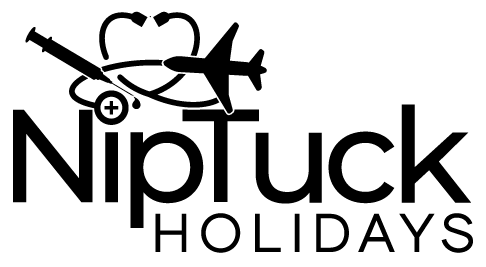


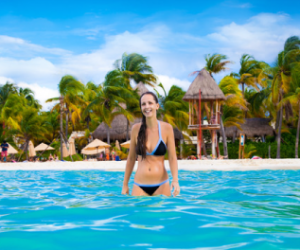










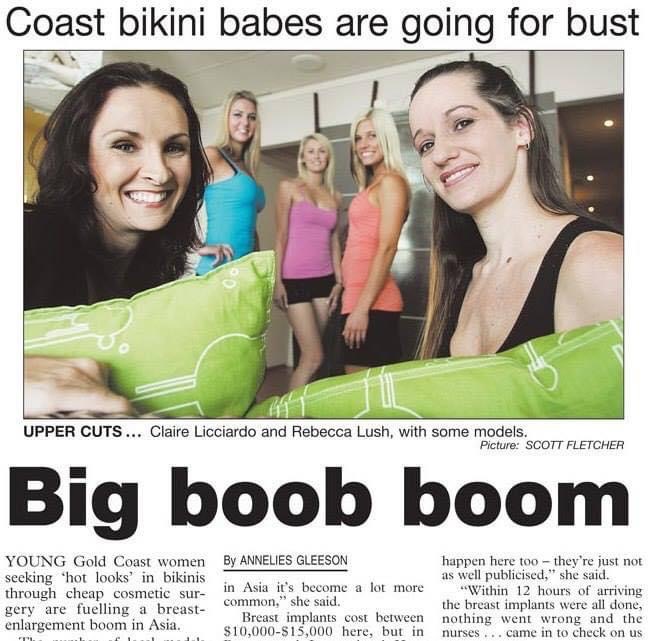
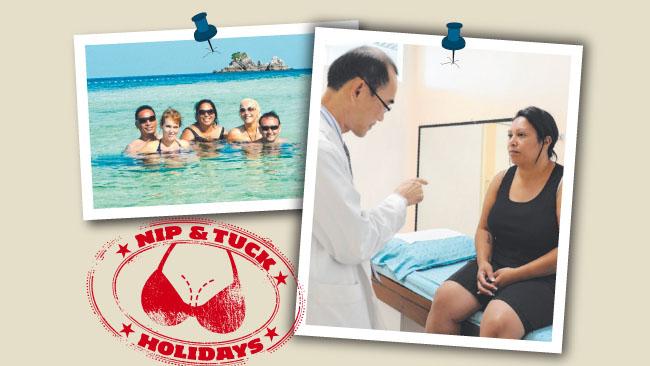



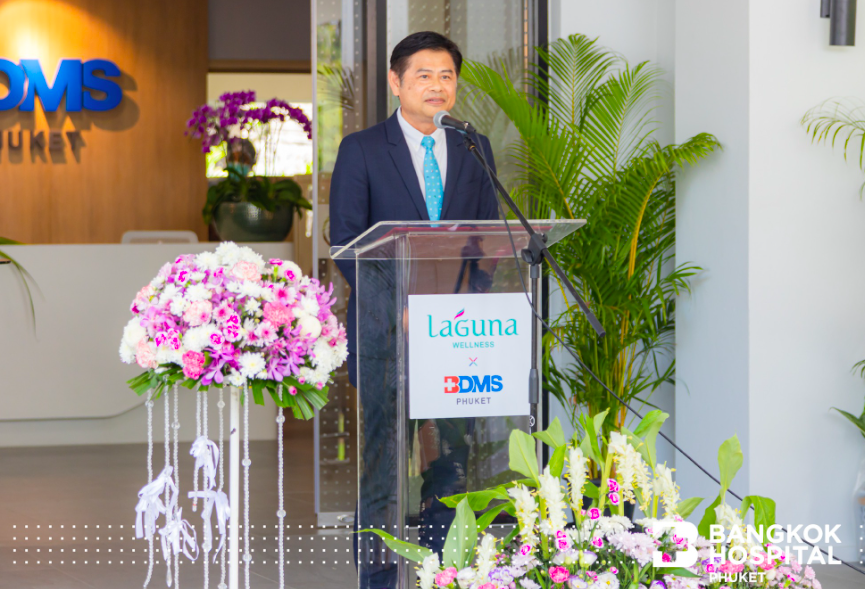
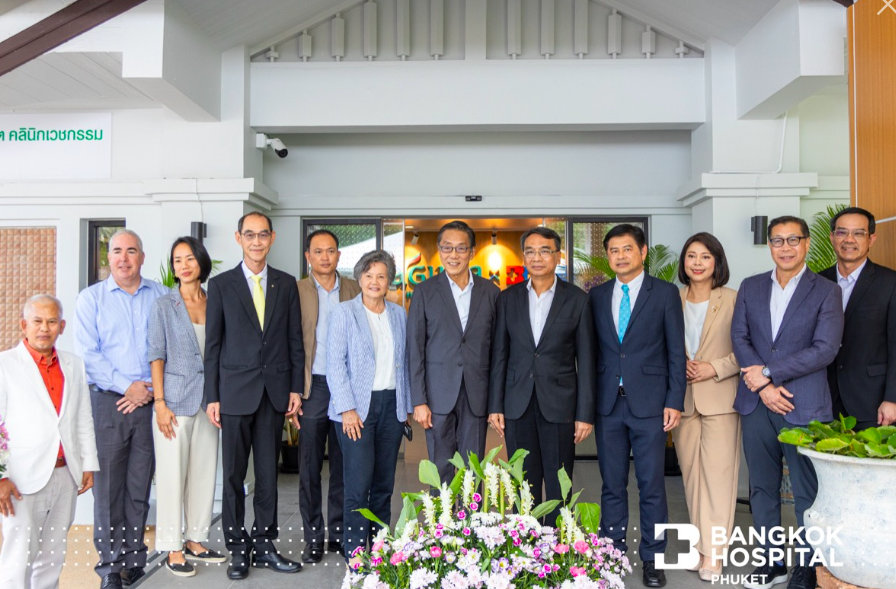
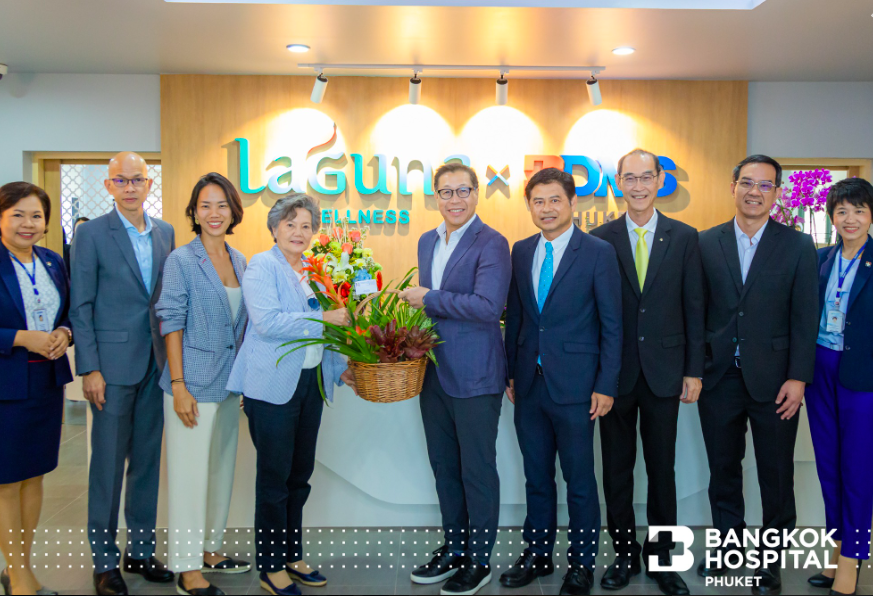
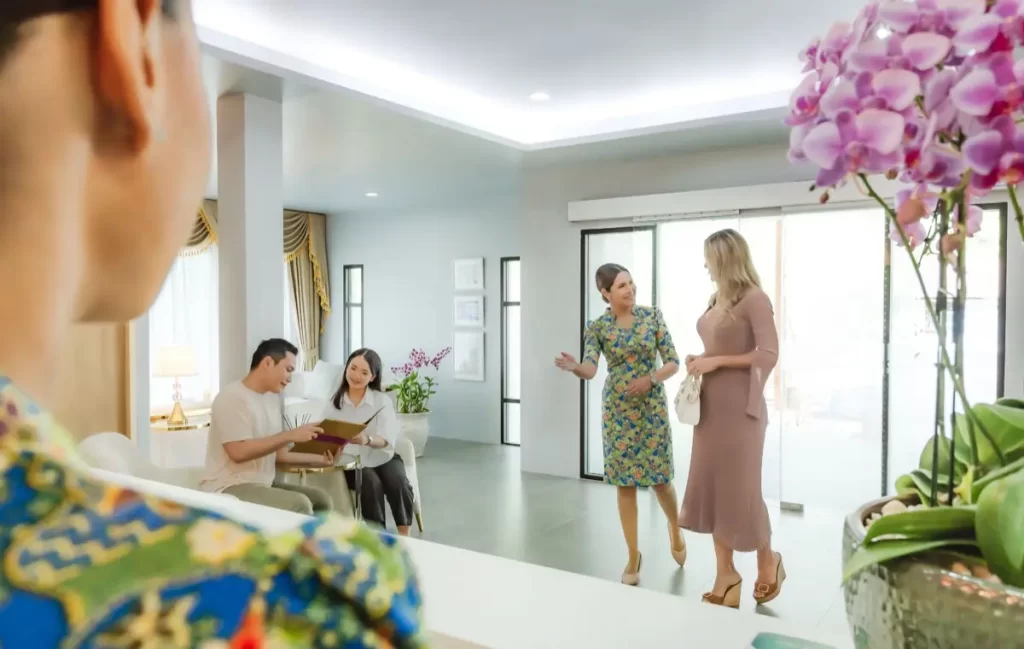
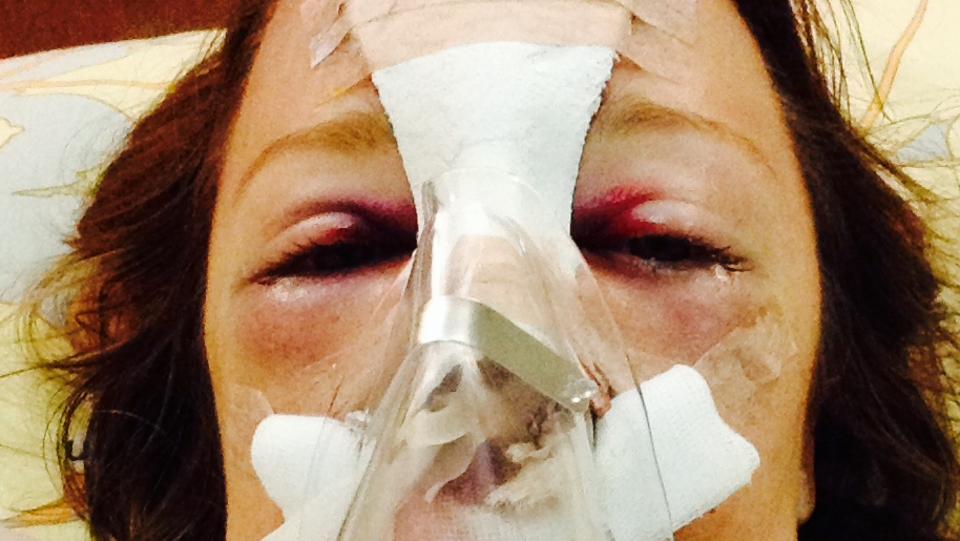
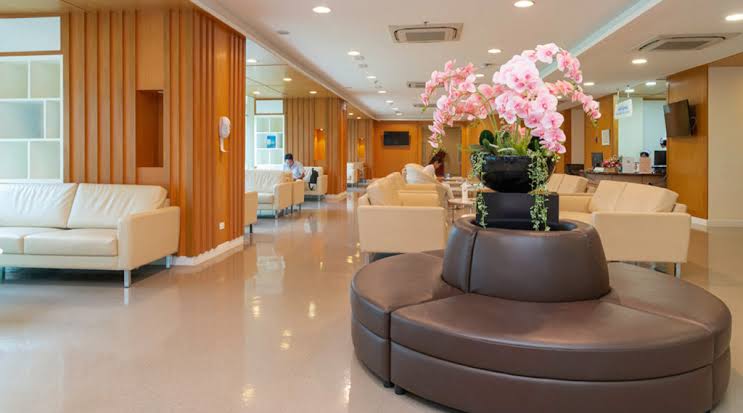
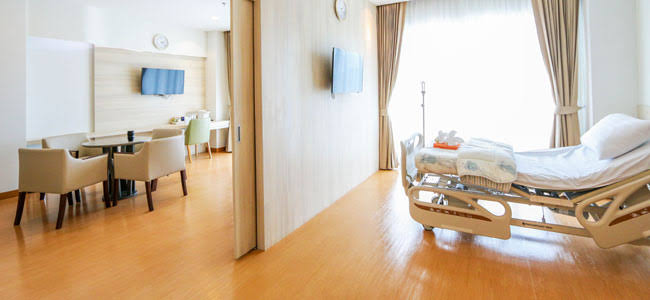
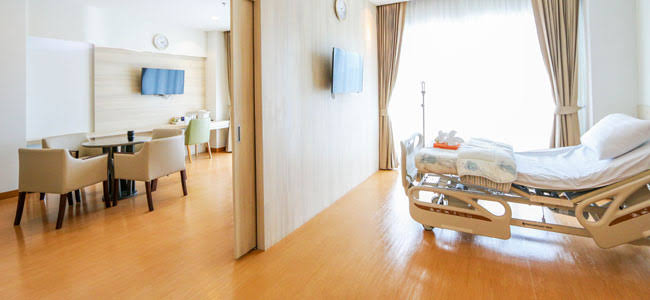
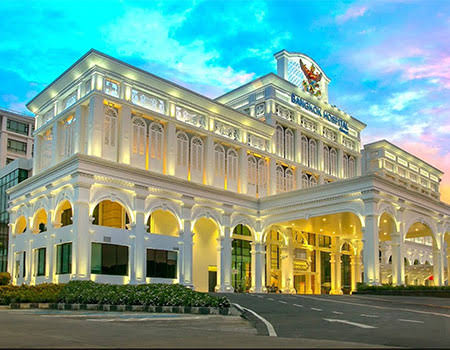
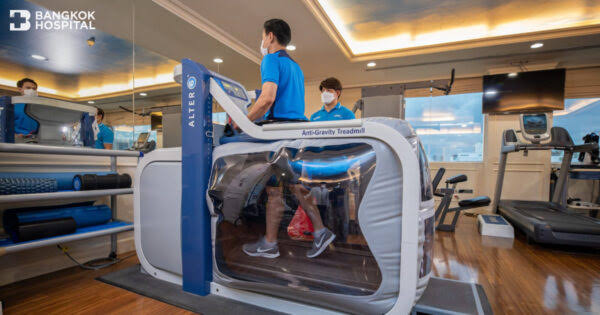
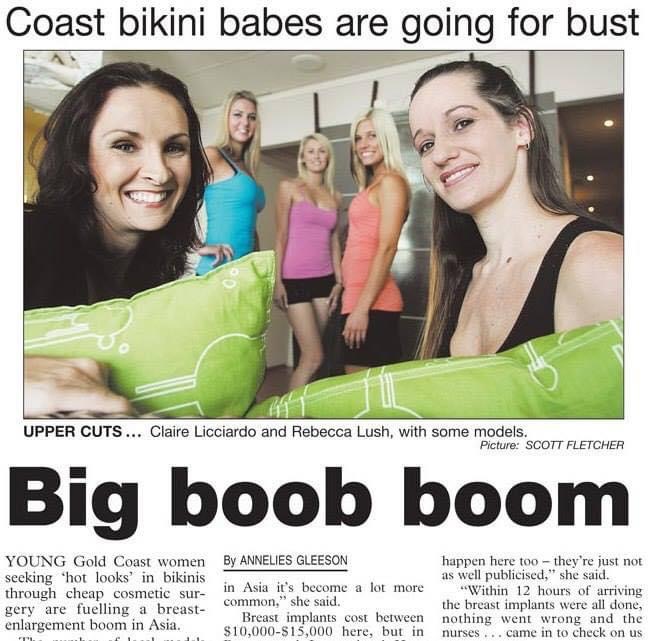
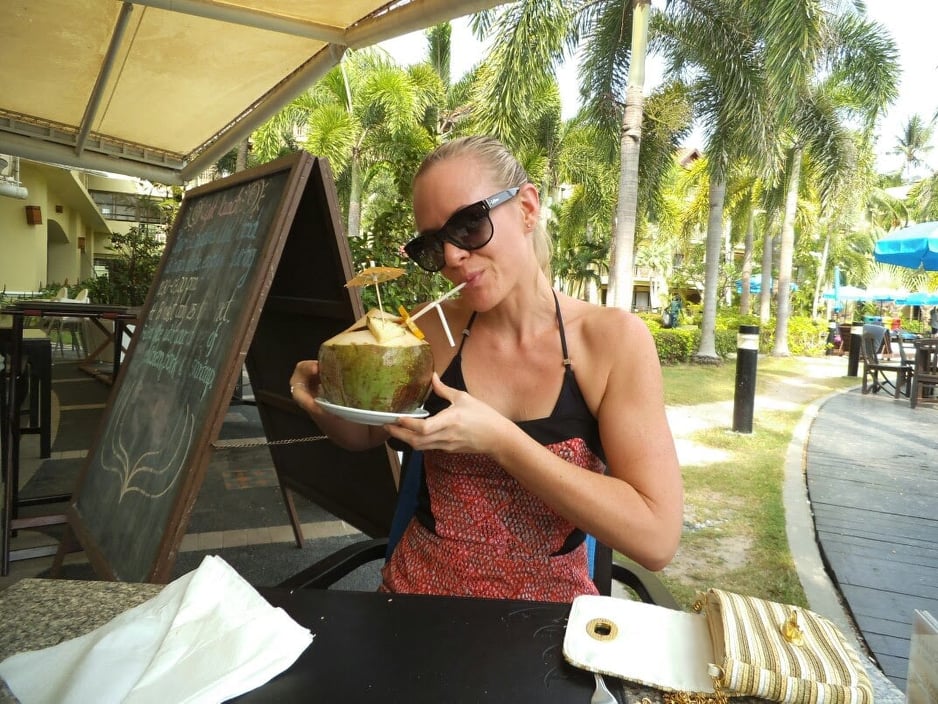
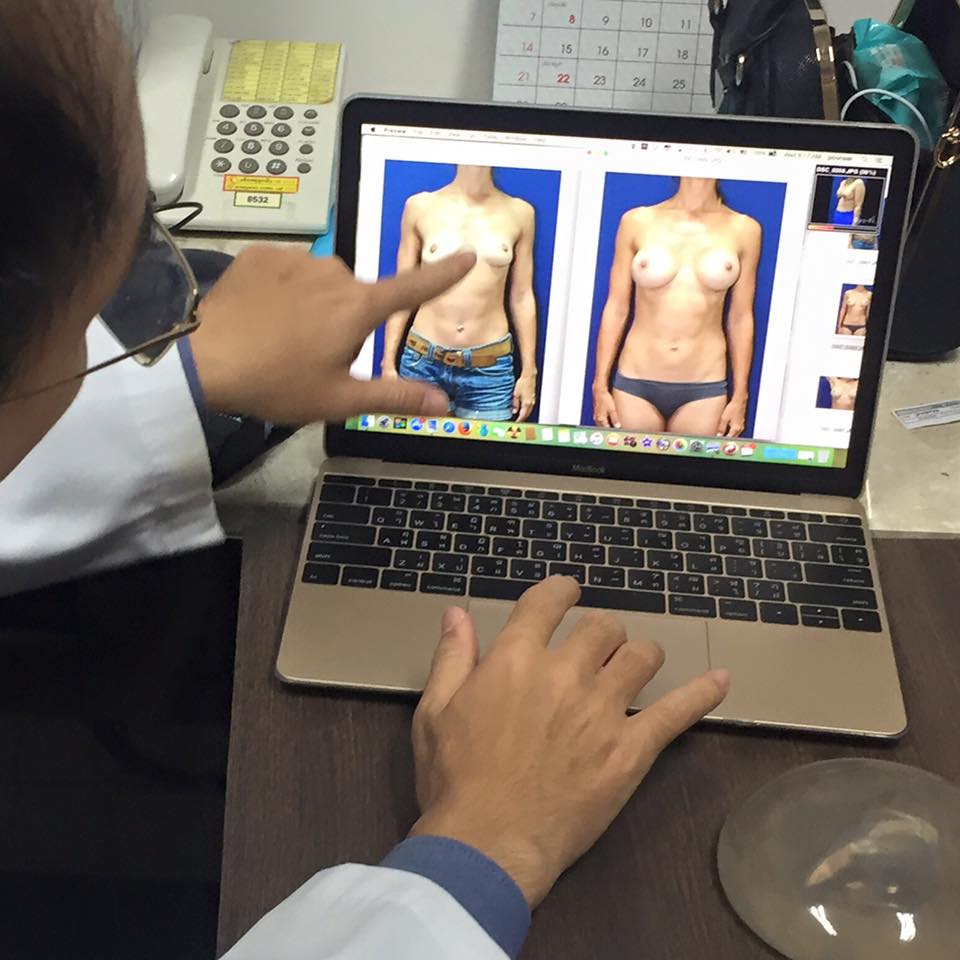
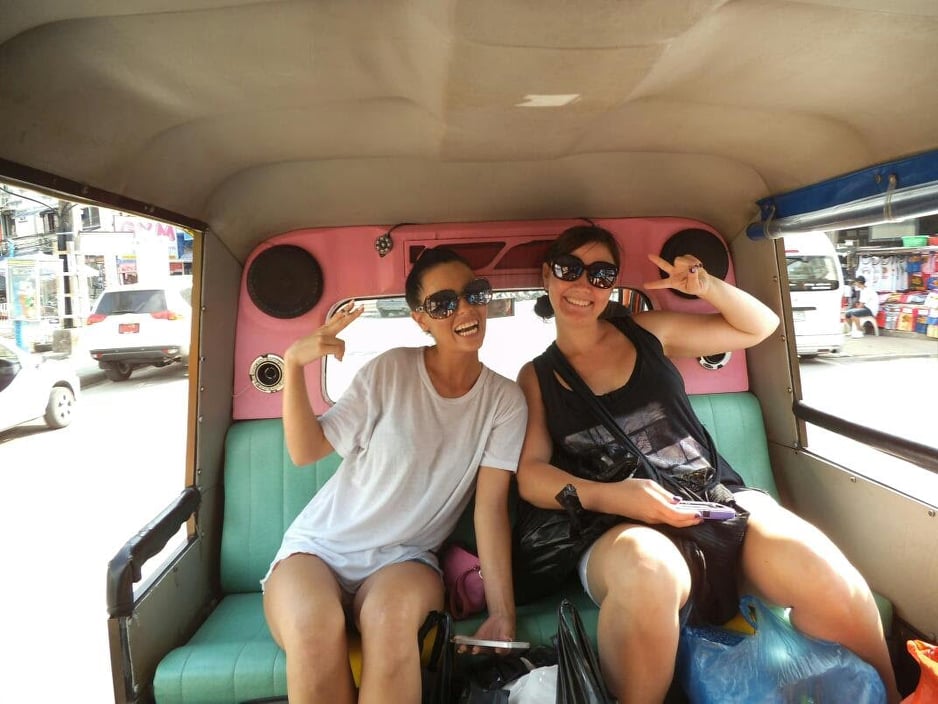
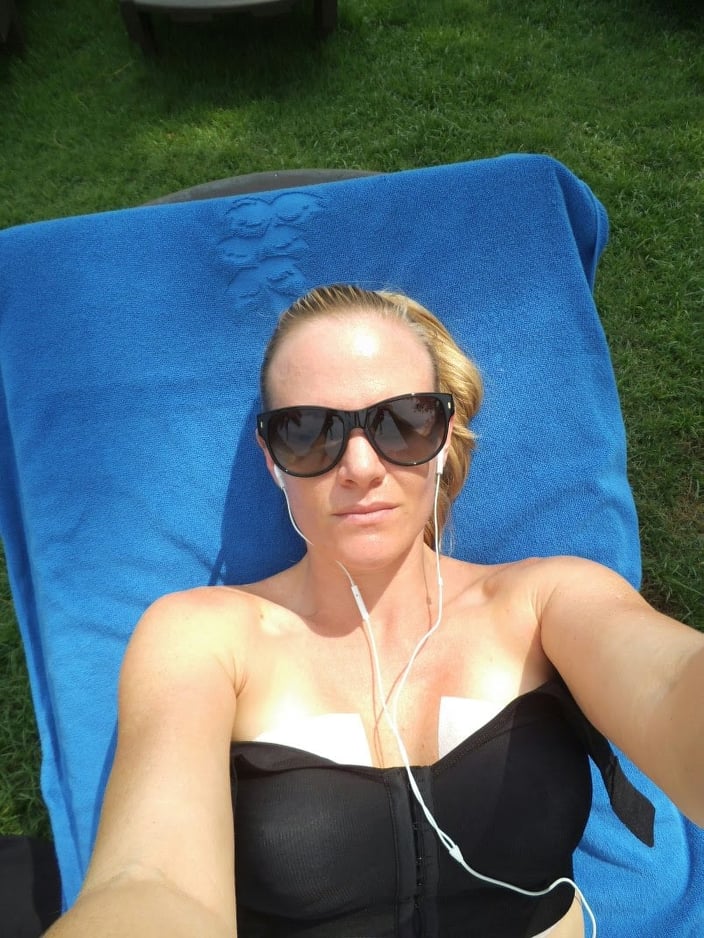
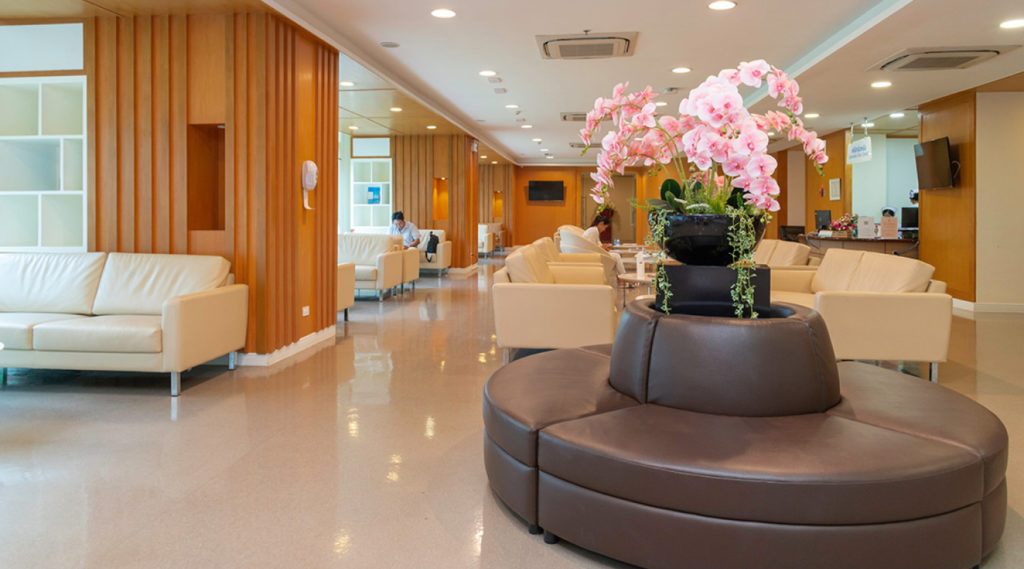
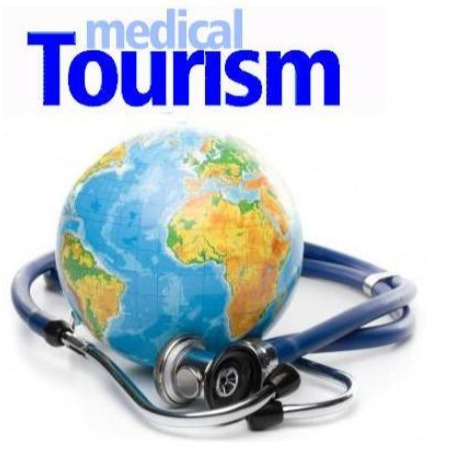
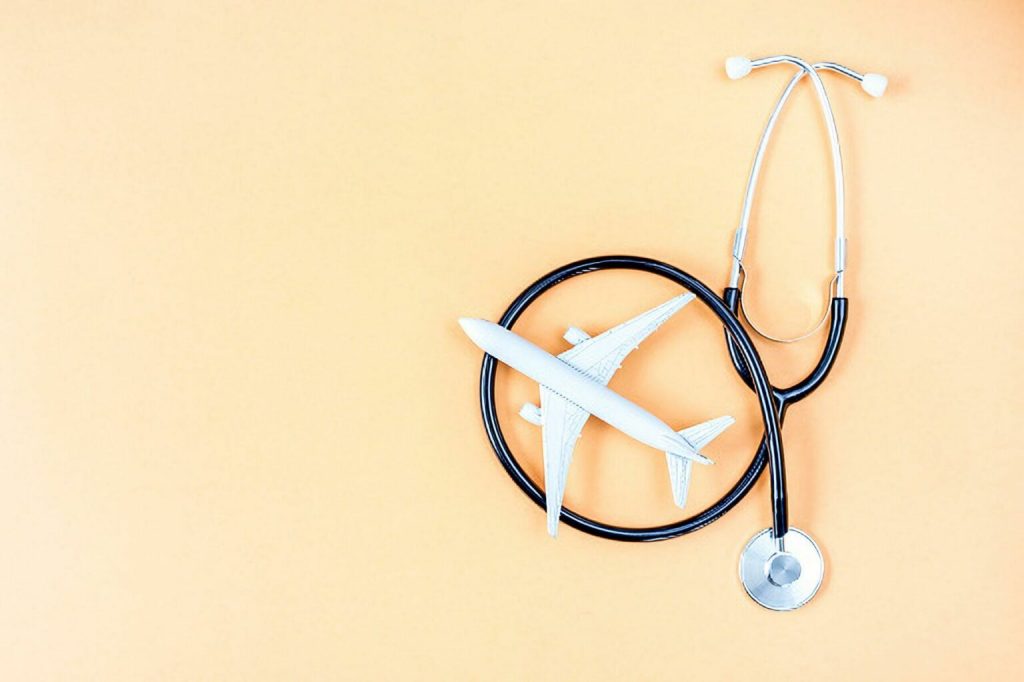
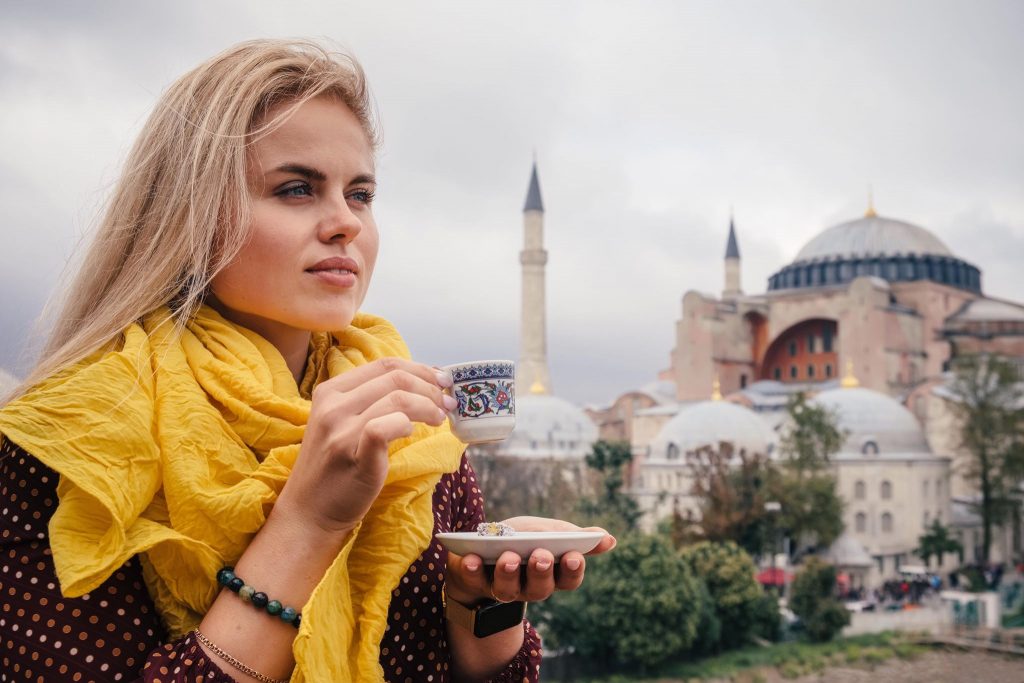
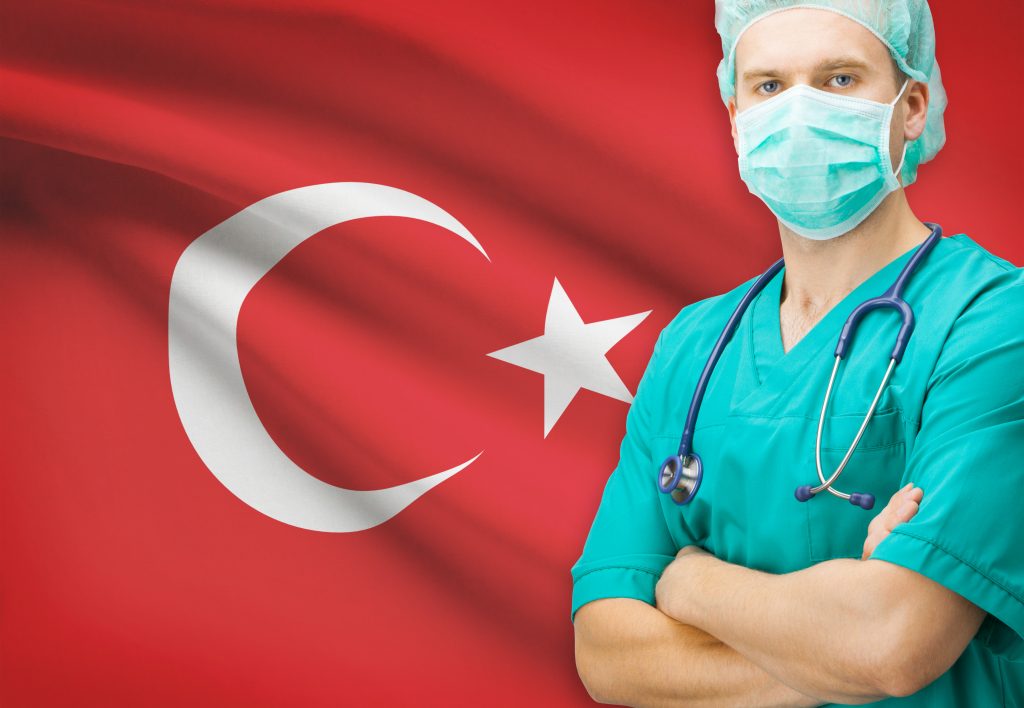
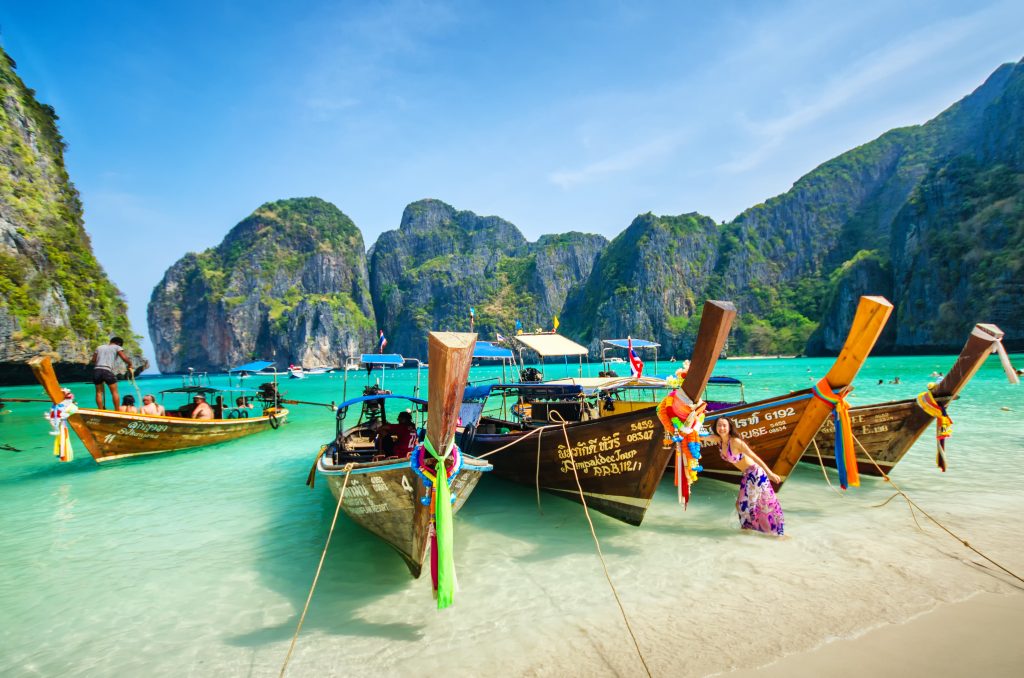
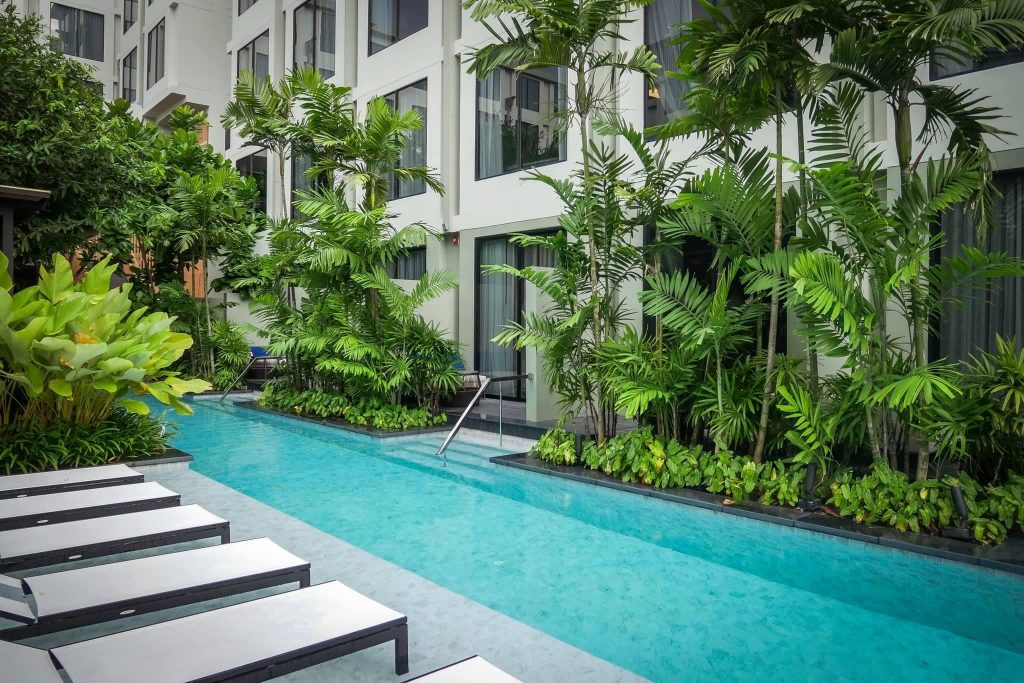
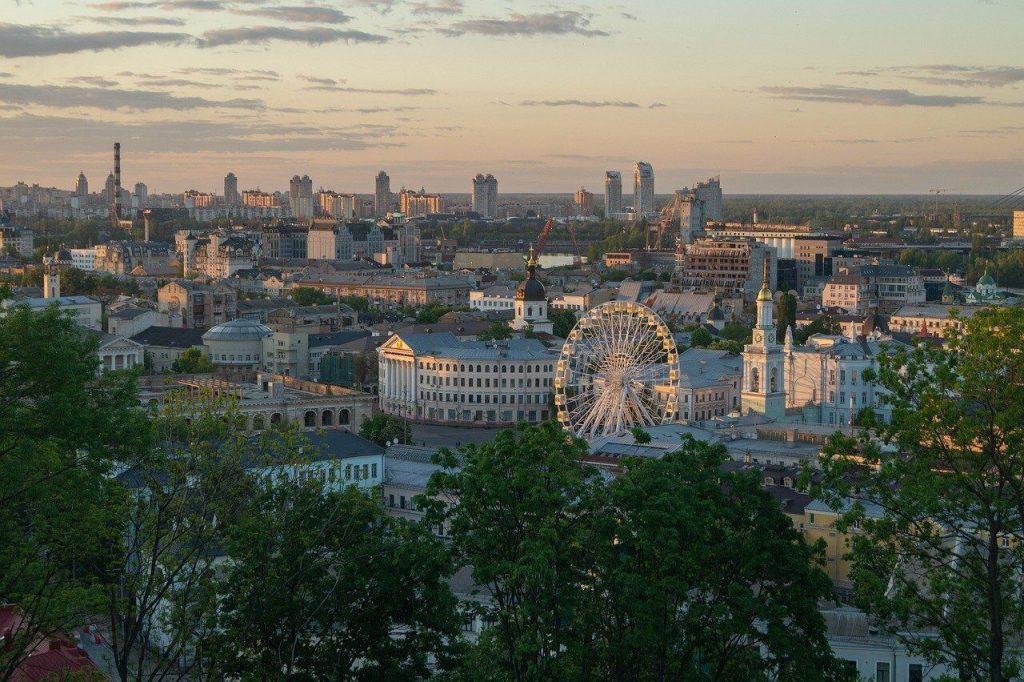
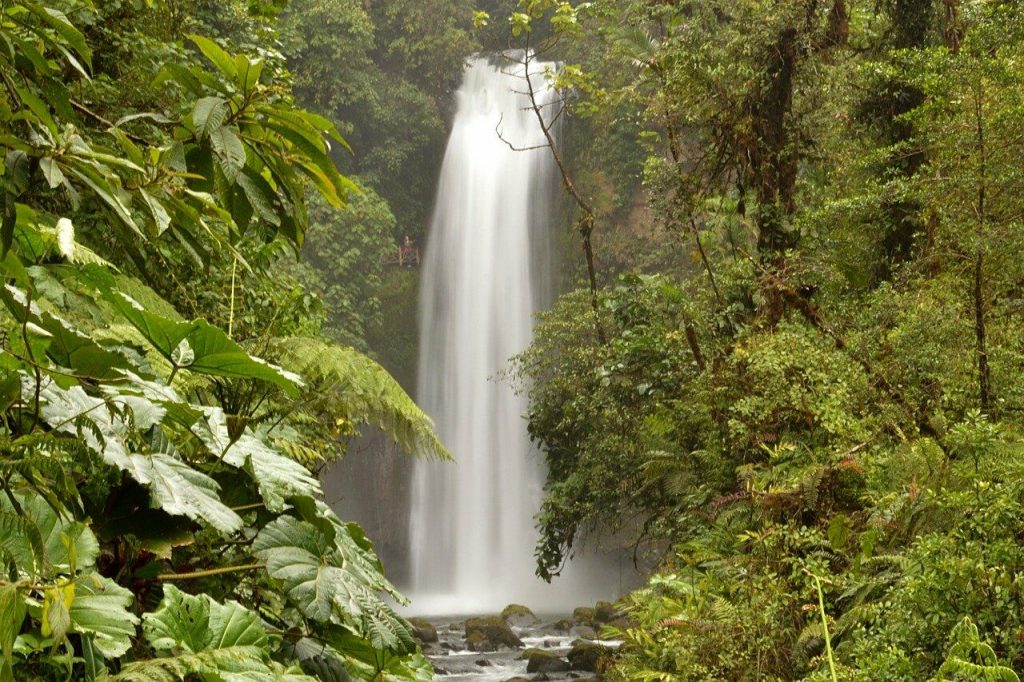
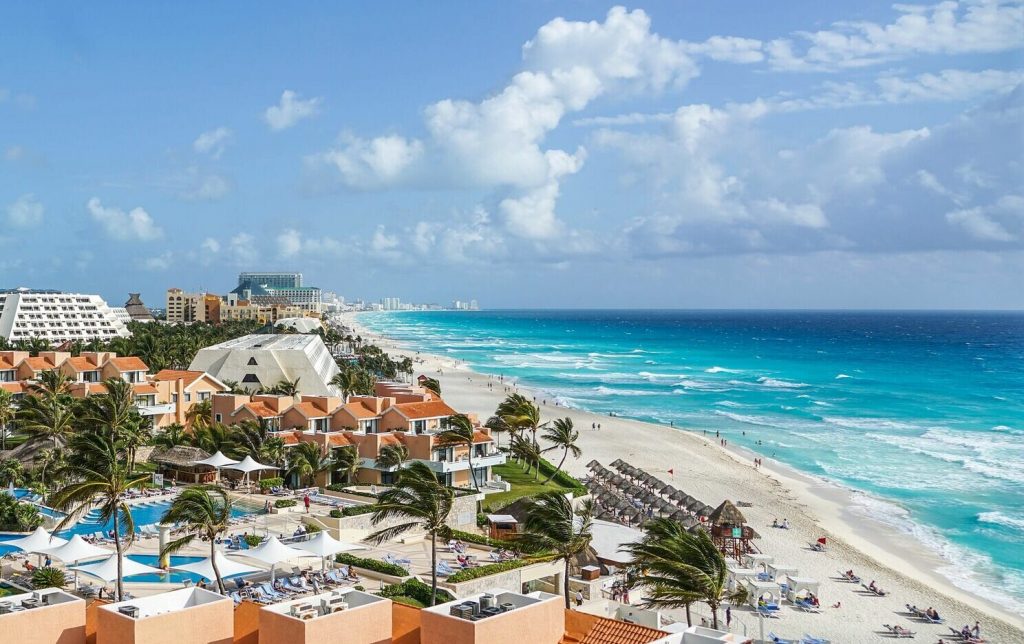
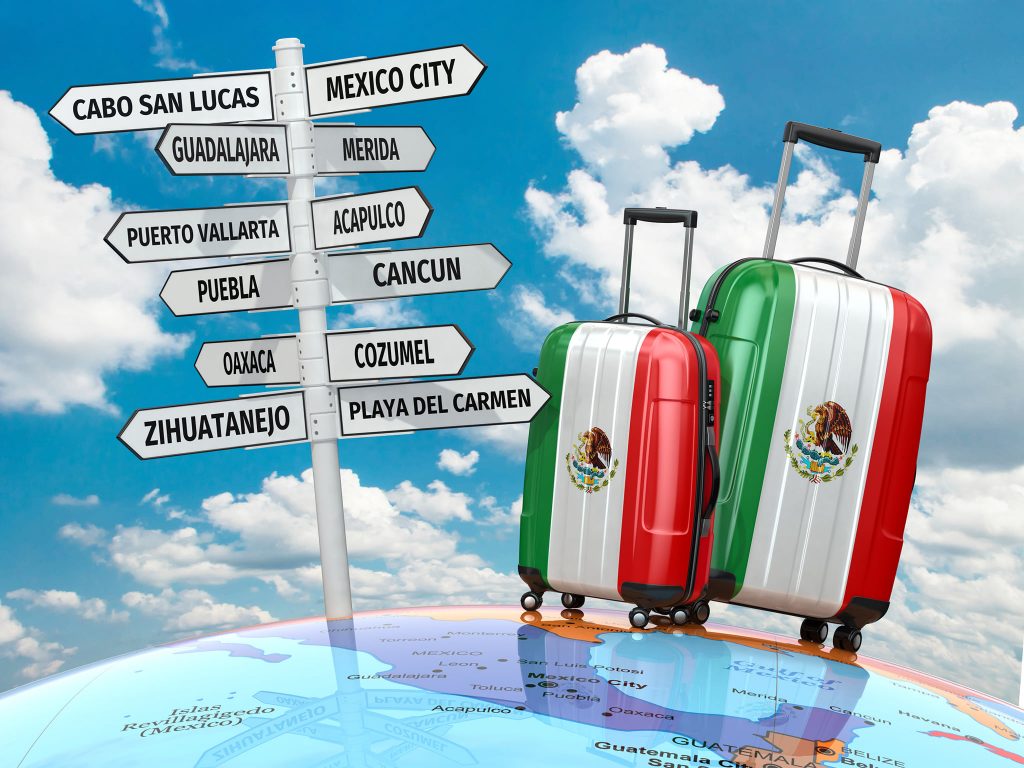
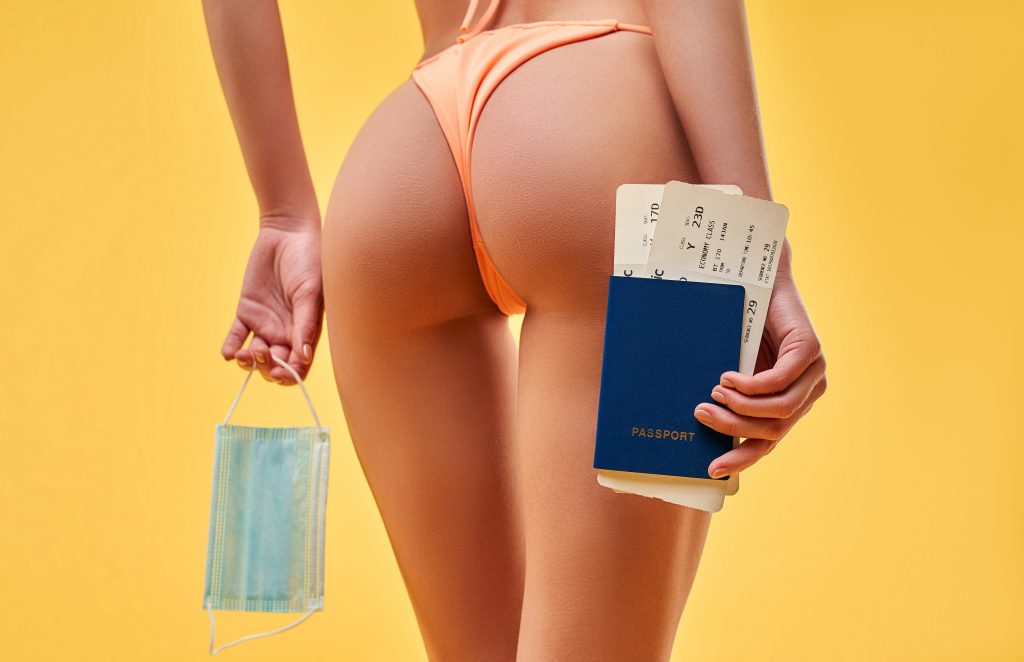
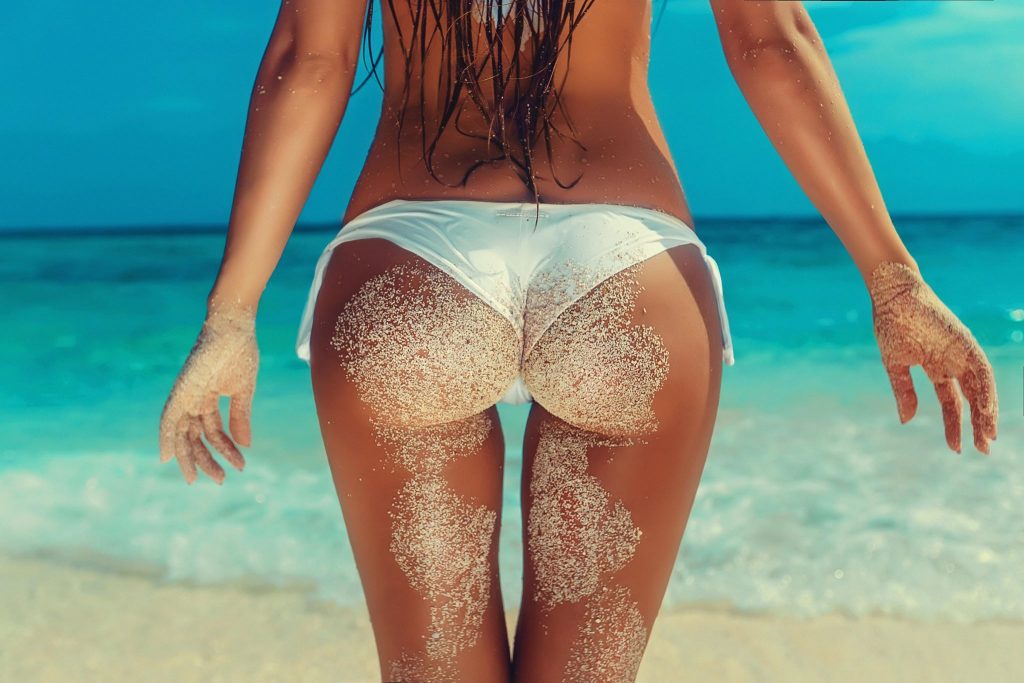
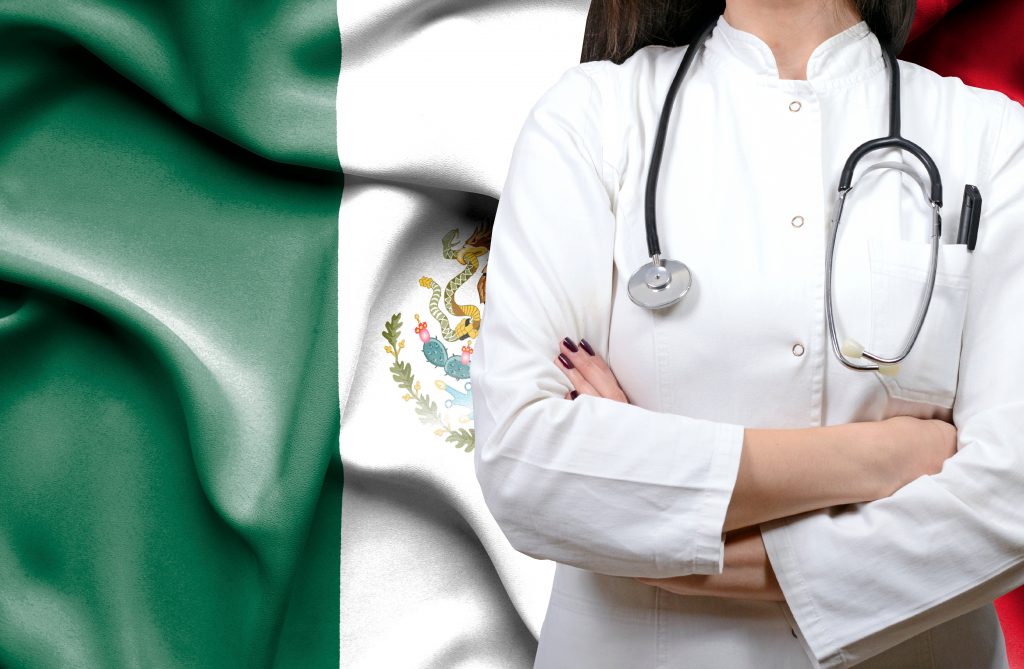
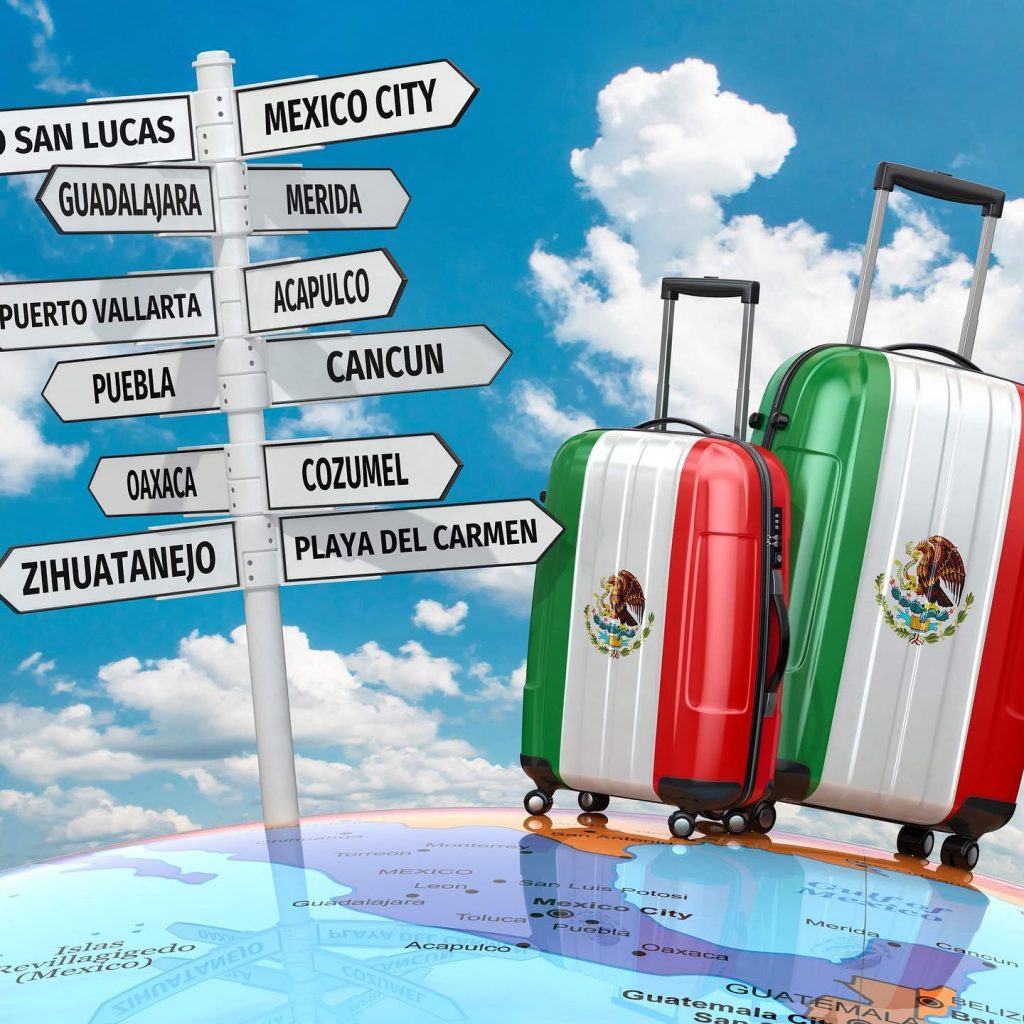
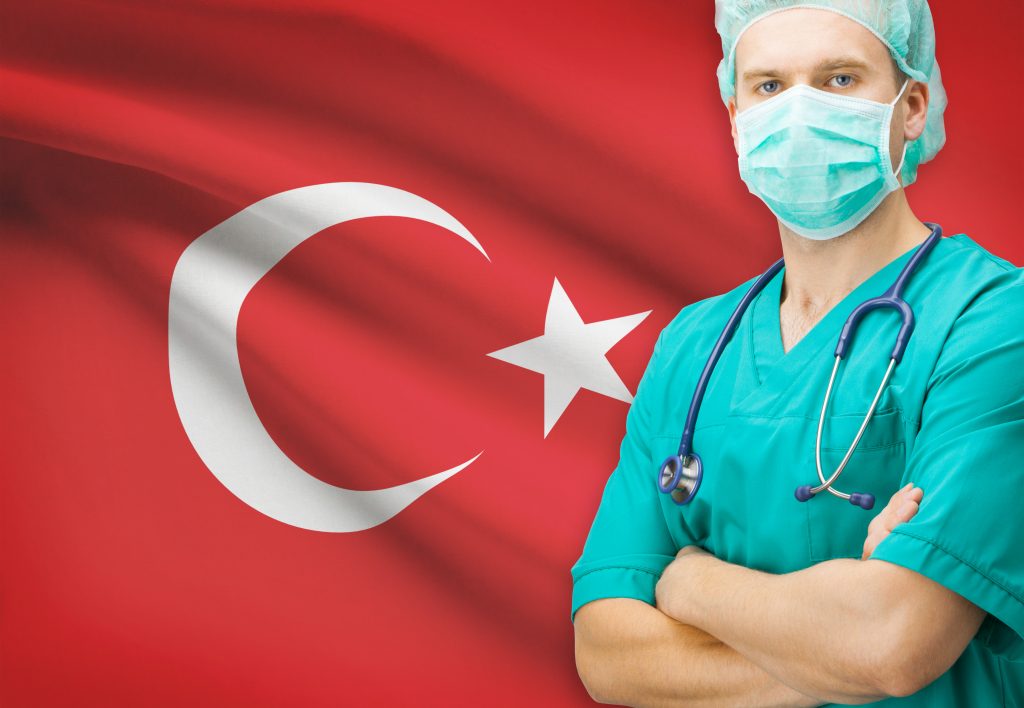
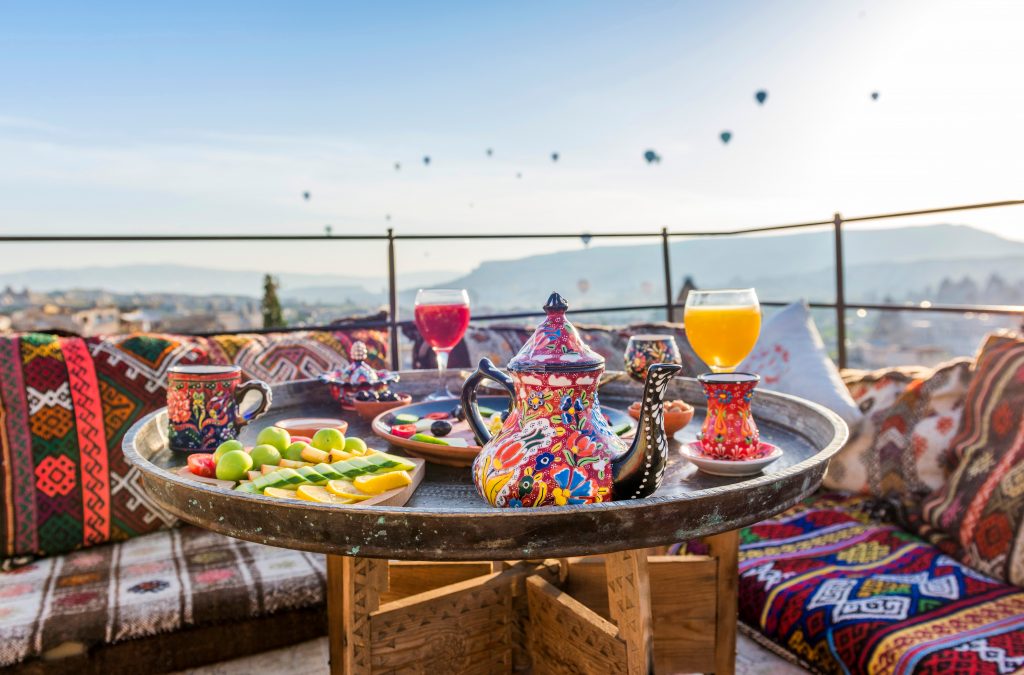
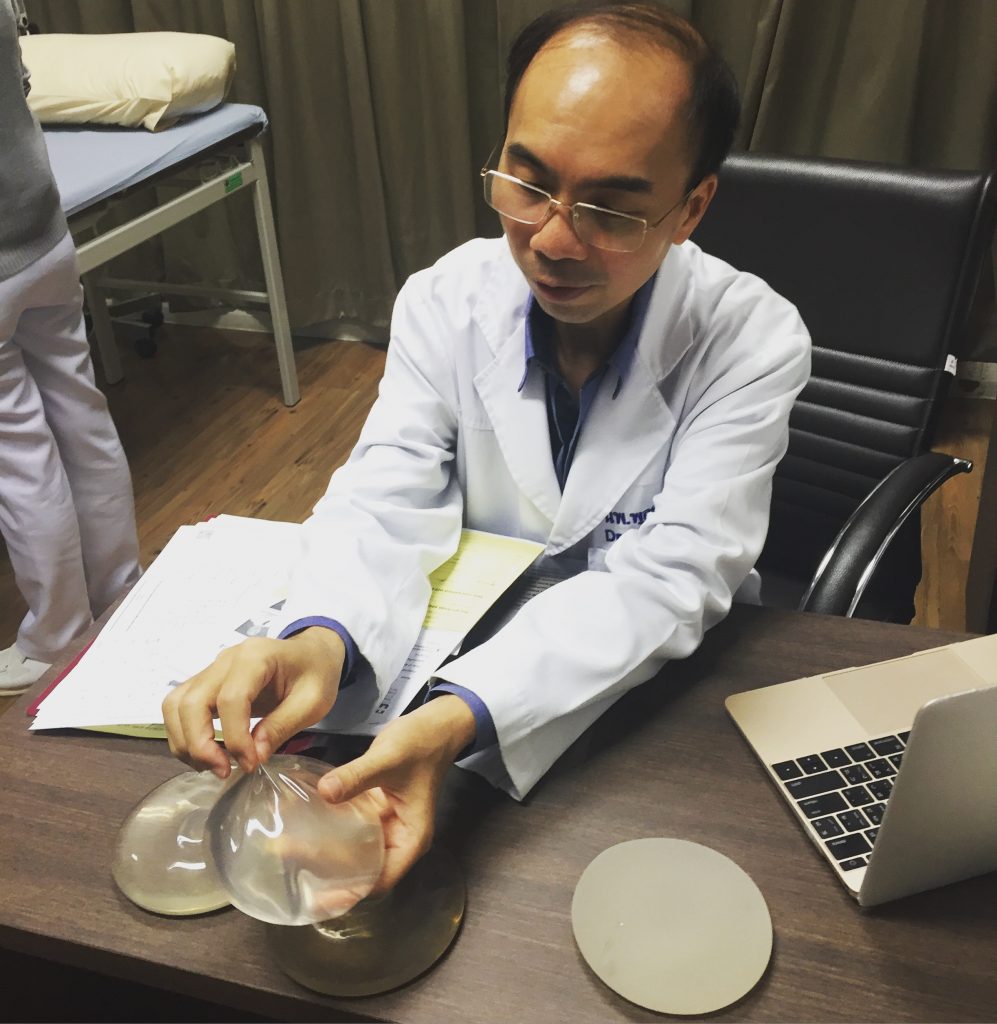
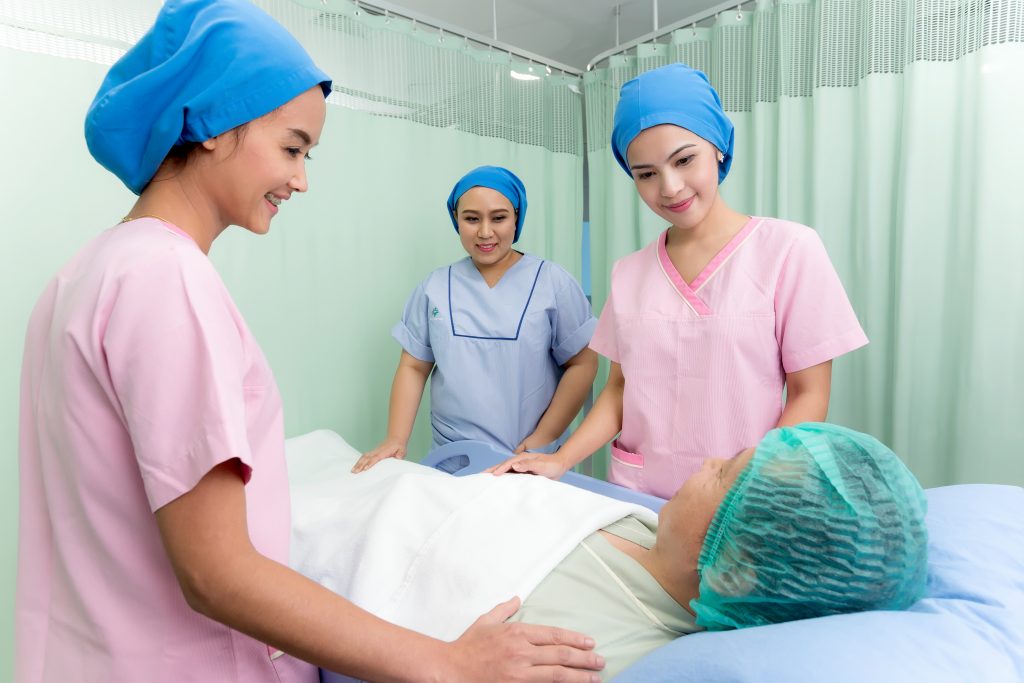
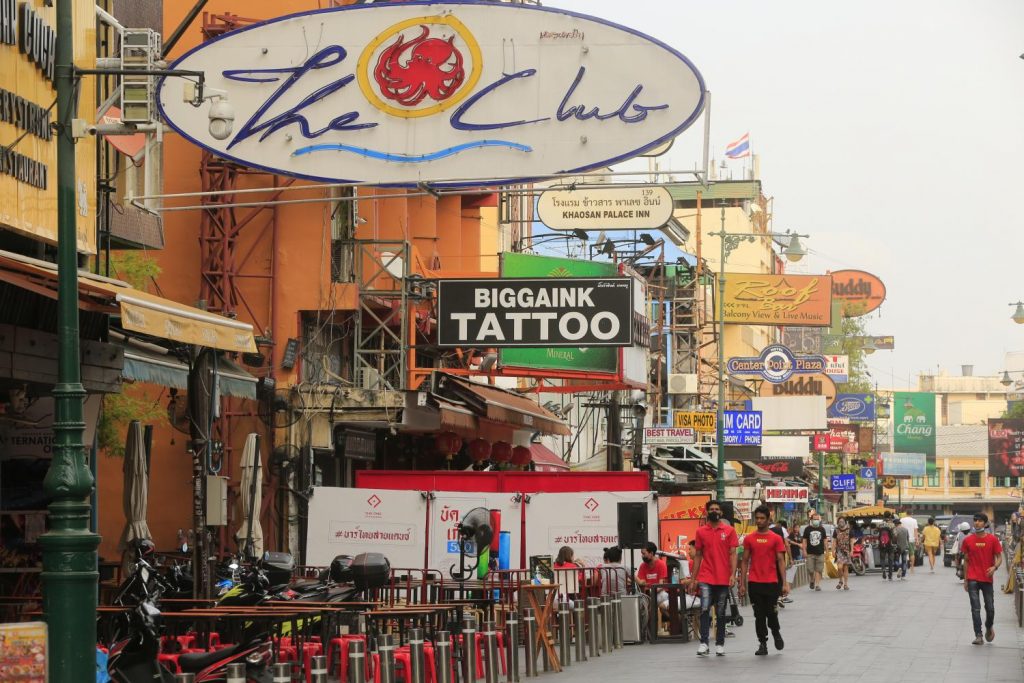
 The Public Health Ministry have taken the ‘song’ out of Songkran for 2021 so there won’t be any foam parties, no water fights, throwing or water pistol battles. The government is promoting traditional Songkran celebrations for 2021 at odds with the massive water battles that have become the norm over the past few decades.
The Public Health Ministry have taken the ‘song’ out of Songkran for 2021 so there won’t be any foam parties, no water fights, throwing or water pistol battles. The government is promoting traditional Songkran celebrations for 2021 at odds with the massive water battles that have become the norm over the past few decades.